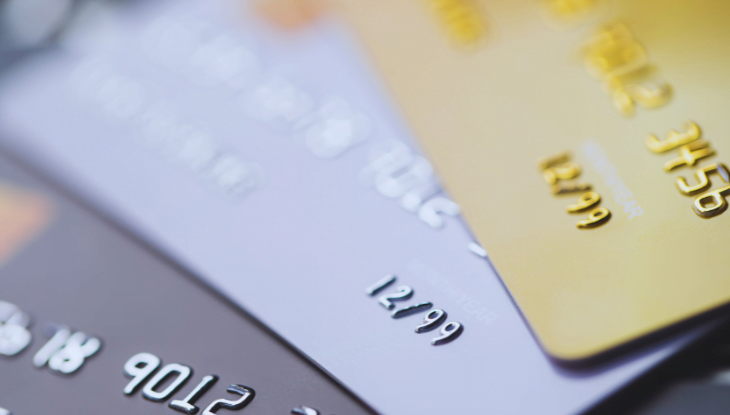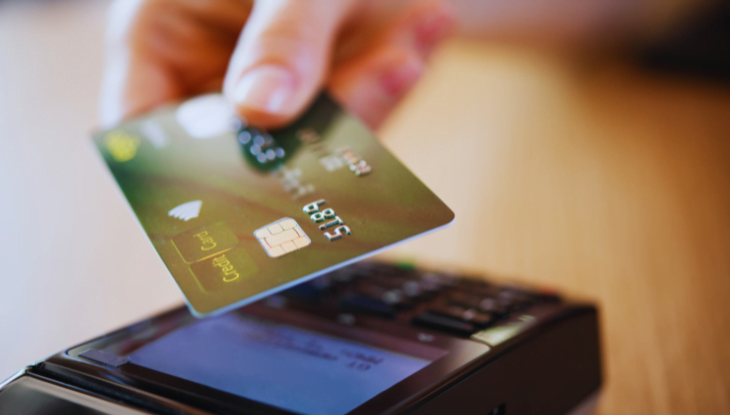Wondering what a credit card is and what roles it plays in personal and business finances? Credit cards are commonly used financial tools that allow users to make purchases now and pay for them later.
In this article, What Is a Credit Card, you will learn the basics of how credit cards work, their types, advantages, and potential pitfalls. You will also learn the differences between a credit card and a debit card, as well as how to use it safely.
What Is a Credit Card?
A credit card is a payment tool in the form of a plastic or metal card. Issued by banks or similar financial institutions under a banking license. It allows users to use a pre-established credit limit, which can be used for payments for goods and services.
The user is required to repay the funds used, along with any accrued interest. As well as additional fees, which can be settled immediately at the end of the billing period or spread out over installments.
Credit cards are a popular financial tool, allowing for flexible management of household finances. They offer the possibility of deferred payment. This can be helpful in planning larger expenses.
How Does a Credit Card Work?
A credit card is a financial tool that allows for making purchases and withdrawing cash up to a credit limit set by the bank. With each purchase or withdrawal, the available funds on the card decrease, but they can be replenished by repaying the debt.
The key to effective credit card use is paying off debts during the interest-free period, which typically lasts about 50 days. So from the beginning of the billing cycle to the end of the repayment period.
Interest-Free Period
The interest-free period allows you to avoid additional costs if you repay the entire debt before its end.
For example, if you make purchases totaling $1000 on the first day of the billing cycle, and then repay the entire amount before 50 days have elapsed, you won’t pay any interest.
However, if you do not repay the debt in full, interest will start accruing from the entire purchase amount from the first day of the next billing cycle.
What If I Don’t Repay the Debt in Time?
If you are unable to repay the entire debt before the end of the interest-free period, the bank offers the option to repay the minimum amount of the debt, avoiding late payment fees.
For example, if your debt balance is $1000, the minimum repayment amount may be $50. The remaining unpaid balance will continue to accrue interest.
Spreading the debt into installments is another option offered by banks. It allows for dividing a large debt into smaller, more manageable parts, usually at a lower interest rate than the standard interest charged on exceeded credit limits.
For example, if you have a debt of $2000, you can spread it over 12 monthly installments of $180 each, which may be more financially manageable than paying the full amount at once.
Building Credit History
Regular use of credit cards can help consumers build a positive credit history. While also allowing for online purchases and eliminating the need to carry cash.
Building a good credit history involves a combination of factors: making regular, timely payments, avoiding payment delays, keeping credit utilization below the set limit, and maintaining a low debt-to-income ratio.
Responsible shopping and timely repayment contribute to an increase in credit score, making the consumer more attractive to other lenders.

Types of Bank Cards
Various types of bank cards are available on the financial market, including credit cards, debit cards, prepaid cards, and charge cards. All these banking products qualify as payment cards, but differ in settlement, security, and features offered.
The main types of bank cards include:
- Credit cards
- Debit cards
- Prepaid cards
- Charge cards
Credit cards and debit cards are the most common forms of payment cards, with the former providing a revolving line of credit and the latter linked directly to a bank account.
Credit Card Advantages
Credit cards offer several advantages over other forms of payment, including:
- Convenience and ease of use
- Deferred payment option
- Rewards and cashback programs
- Building credit history
- Emergency funding
Credit Card Risks
While credit cards offer many benefits, they also come with certain risks, including:
- Accumulation of debt
- Interest charges
- Late payment fees
- Identity theft and fraud
To mitigate these risks, it’s important to use credit cards responsibly, make timely payments, and monitor account activity regularly.
For more information on credit cards and their role in personal and business finances, refer to the What Is a Credit Card guide.
Remember, while credit cards can be valuable financial tools, it’s essential to use them responsibly to avoid falling into debt and damaging your credit score.
Now that you have a better understanding of what a credit card is and how it works, you can make informed decisions about whether to use one and how to manage it effectively.

